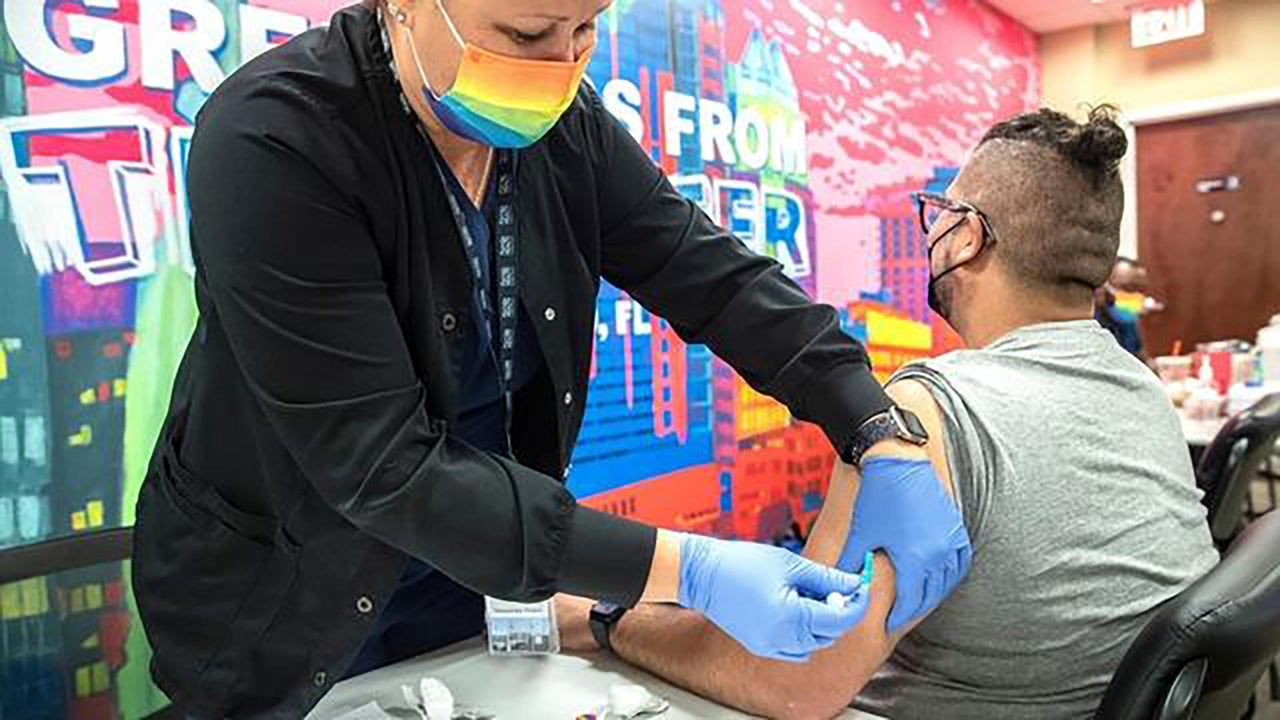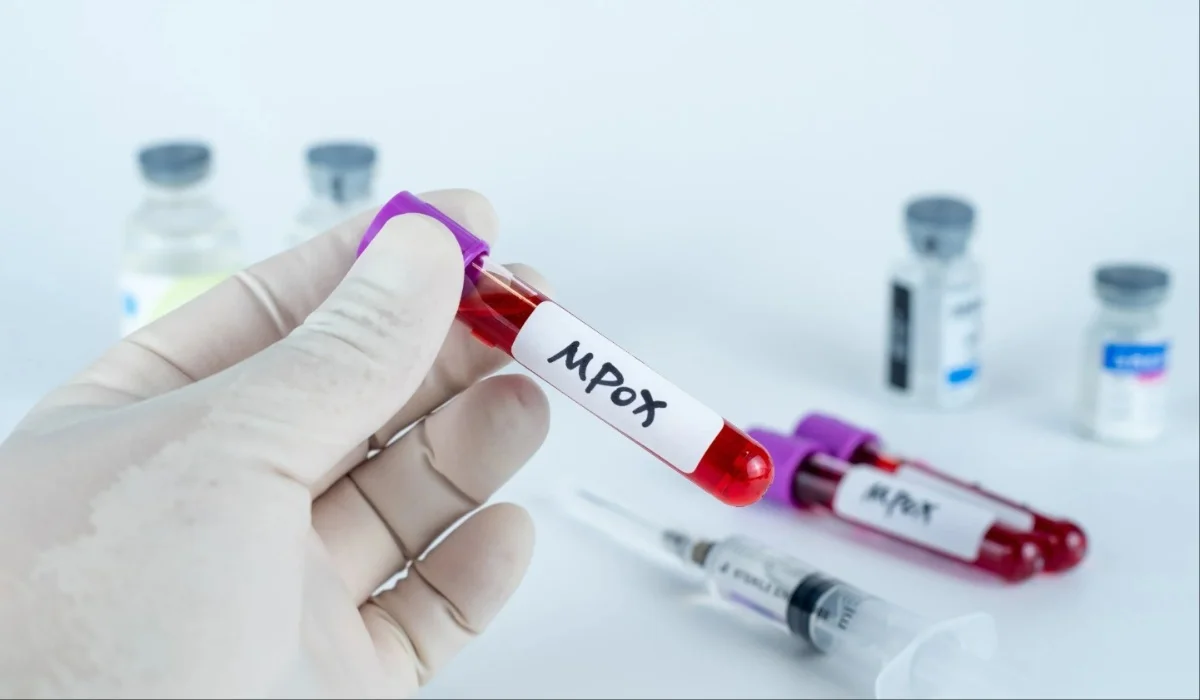More than two years after the initial pox outbreak, cases are once again on the rise. However, the urgency of the situation hasn’t fully reached everyone at risk. During Pride Month, public health officials emphasized the critical need for vaccination, aiming to curb the resurgence of this dangerous virus.

Rising Mpox Cases and the Push for Vaccination
Public health teams, including those at the University of California, Los Angeles, are particularly concerned about a potential mpox resurgence. The virus, which caused widespread concern across the U.S. and other countries in 2022, presents symptoms such as severe rash, blistering, body aches, and fever, and can be fatal. Despite the risks, only 23% of those at risk nationwide have been vaccinated.
Jose Velasquez, who was hospitalized during the 2022 outbreak, vividly recalls the fear and pain associated with the infection. His lymph nodes were severely swollen, leading to a harrowing experience. Now vaccinated, Velasquez expresses a sense of relief, highlighting the vaccine’s importance in providing protection and peace of mind.
Challenges in Reaching Vulnerable Populations
Men who have sex with men and trans women are among the highest risk groups for mpox. However, several barriers hinder the vaccination efforts for these vulnerable populations. Army Cachero, from UCLA’s public health outreach team, points to misinformation, lack of healthcare access, and distrust as significant factors contributing to lower vaccination rates, especially among people of color.
Cachero notes that mpox is not currently in the news, leading many at risk to feel a false sense of security and neglect the urgency of getting vaccinated. Public health officials nationwide are working tirelessly to avoid a repeat of the panic and confusion experienced during the summer of 2022.
Adapting Public Health Messaging for Better Outreach
Nick Diamond and his husband, Keletso Makofane, public health advocates in New York, emphasize the importance of adapting public health messaging to effectively reach those at risk. Their research reveals that many individuals at risk connect online and arrange private meetups, a trend that traditional public health messages might not adequately address.

Diamond and Makofane stress the need for new strategies, collaboration, and swift action to build a robust response to the mpox resurgence. They argue that without this adaptability and urgency, the community will face unnecessary suffering.
To combat this, public health initiatives must be innovative and responsive, ensuring that accurate information and resources are accessible to everyone. This includes leveraging social media and other online platforms where at-risk individuals are likely to connect, as well as fostering trust within communities that have historically been underserved by the healthcare system.
